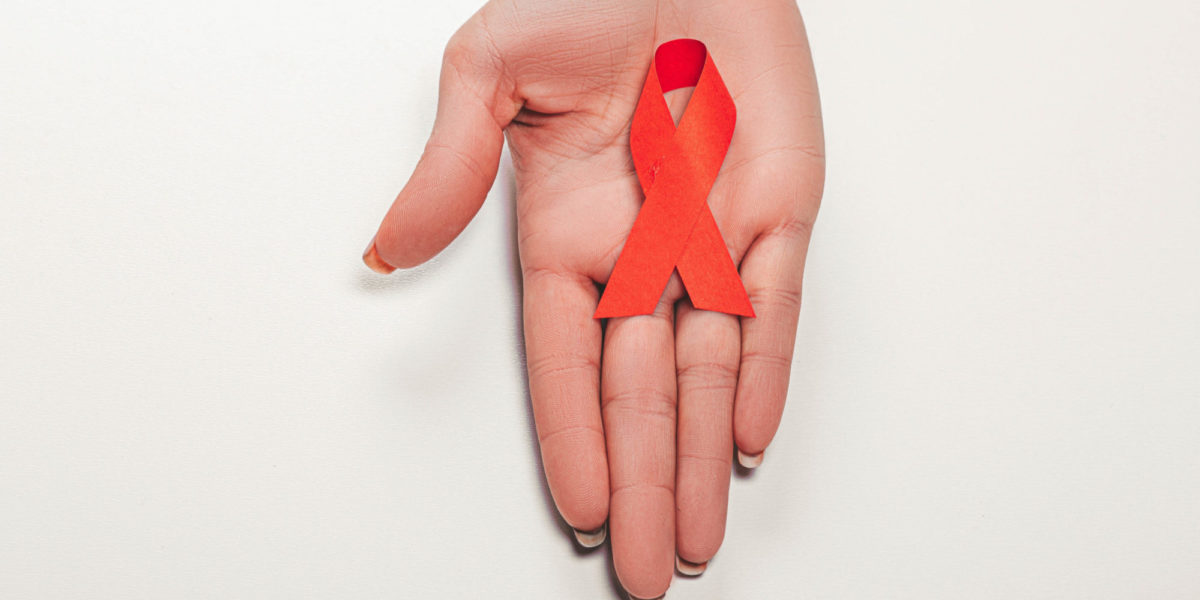Ahead of an international conference focused on the ongoing HIV/AIDS pandemic, a coalition of organizations are advocating for the federal government to more adequately fund their response to a disease or risk missing critical 2030 targets.
The campaign is calling on the federal government to follow funding recommendations that came from the House of Commons Standing Committee back in 2003 to spend $100 million per year to respond to the HIV/AIDS pandemic. The same recommendation was issued again in 2019.
The Vancouver-based Community Based Research Centre (CBRC) is teaming up with a coalition of 18 organizations, including the HIV Legal Network, to push the campaign. The coalition, known as the National Advocates, is urging people in Canada to send letters to the Minister of Health Jean-Yves Duclos demanding an increase in HIV funding at the federal level to $100 million per year. The campaign is also advocating for governments to better engage with people living with HIV and the organizations supporting them.
Canada’s response “stuck in the past”
In an interview with rabble.ca, the CBRC’s executive director Jody Jollimore noted that Canada’s federal HIV response “is stuck in the past.”
“All parties seem to agree that HIV [funding] is being shortchanged,” he said, pointing out that the recommendations made in 2003 and 2019 were both bipartisan and unanimous. “We really hoped that COVID would help bring more attention to the HIV crisis, but it didn’t.”
The calls from the campaign would see HIV funding increased by $27 million per year, after being fixed at $73 million per year since 2008. During that time, Jollimore noted, more than a quarter of a billion dollars of recommended funding has been lost over the last decade. Even starker, he added, the number of people living with HIV in Canada has increased by 25 per cent since 2008.
Jollimore believes part of the reason that the HIV/AIDS pandemic doesn’t receive adequate attention is because people aren’t dying from the disease at the same rates as in the 1980s and ‘90s. But, he added, data shows that the crisis continues, disproportionately impacting communities that already face barriers to the country’s health-care system.
“If you look at the numbers, a lot more Indigenous [Peoples] and people of colour are being impacted by HIV,” Jollimore said, adding that gay men continue to be disproportionately impacted by the disease.
As of 2018, more than 62,000 people in Canada were living with HIV, with roughly 8,300 people (or 13 per cent) unaware of their status. In the same year, there were an estimated 2,242 new HIV infections across the country, up from 1,950 in 2016.
Additionally, there were 141 people living with diagnosed HIV in Canadian prisons.
One major consequence of a lack of funding for HIV/AIDS is that it has resulted in Canada failing to be on track to reach the latest 95-95-95 UNAIDS goals. The HIV directives call for 95 per cent of people living with HIV to be aware of their status, 95 per cent of those individuals accessing HIV treatment, and for 95 per cent of those on HIV treatment to be virally suppressed.
According to the United Nations, which updated their 90-90-90 targets to 95-95-95 in June 2021, “3.6 million new HIV infections and 1.7 million AIDS-related deaths will be prevented by 2030” if the targets can be reached worldwide.
Federal government using HIV and Hep-C funds for monkeypox
Last week, two days before the World Health Organization (WHO) designated the monkeypox outbreak a “public health emergency of international concern,” Duclos announced $1 million in federal funding that the federal government hopes will prevent “the stigmatization of an infectious disease,” by helping local organizations both address and limit the spread of the virus.
A total of $350,000 has been allocated to three organizations under the Advance Community Alliance, to help address the health of gay and bisexual men.
The announcement also reserved $100,000 of the total funds to be available through the Public Health Agency of Canada “for contingency to support any emerging issues that arise in the monkeypox outbreak.
While Jollimore is pleased that the CBRC will receive more than $180,000 to support those with, at risk, or are affected by someone suffering from monkeypox, he is concerned about where the funds are coming from: the HIV and Hepatitis C Community Action Fund.
“We’re being asked to do more with less,” Jollimore said, adding that the organizations are grateful for the support, but there have been epidemics facing people in Canada for decades that need to be addressed too. “[It’s] taking away from the HIV work that we were doing.”




